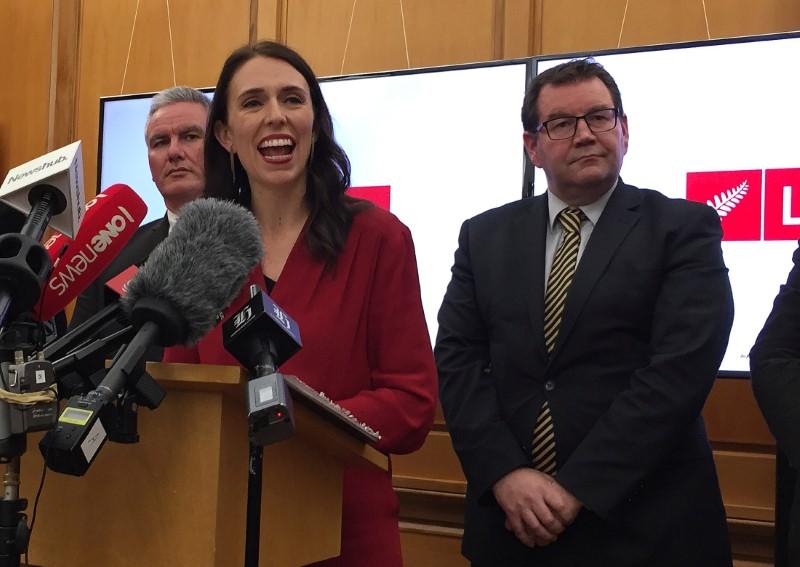WELLINGTON—New Zealand’s Labour leader Jacinda Ardern will form the country’s next government after gaining the support of a small nationalist party holding the balance of power following an inconclusive Sept. 23 election.
“This is an exciting day. We aspire to be a government for all New Zealanders and one that will seize the opportunity to build a fairer, better New Zealand,” said Ardern.





